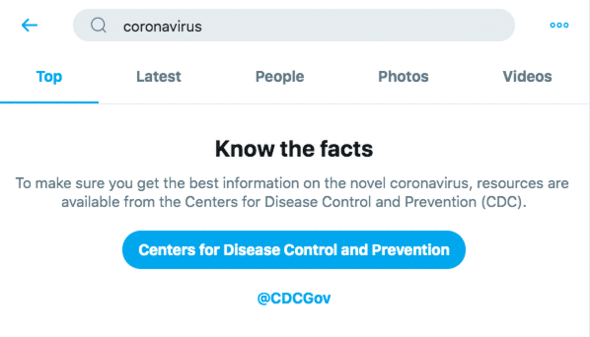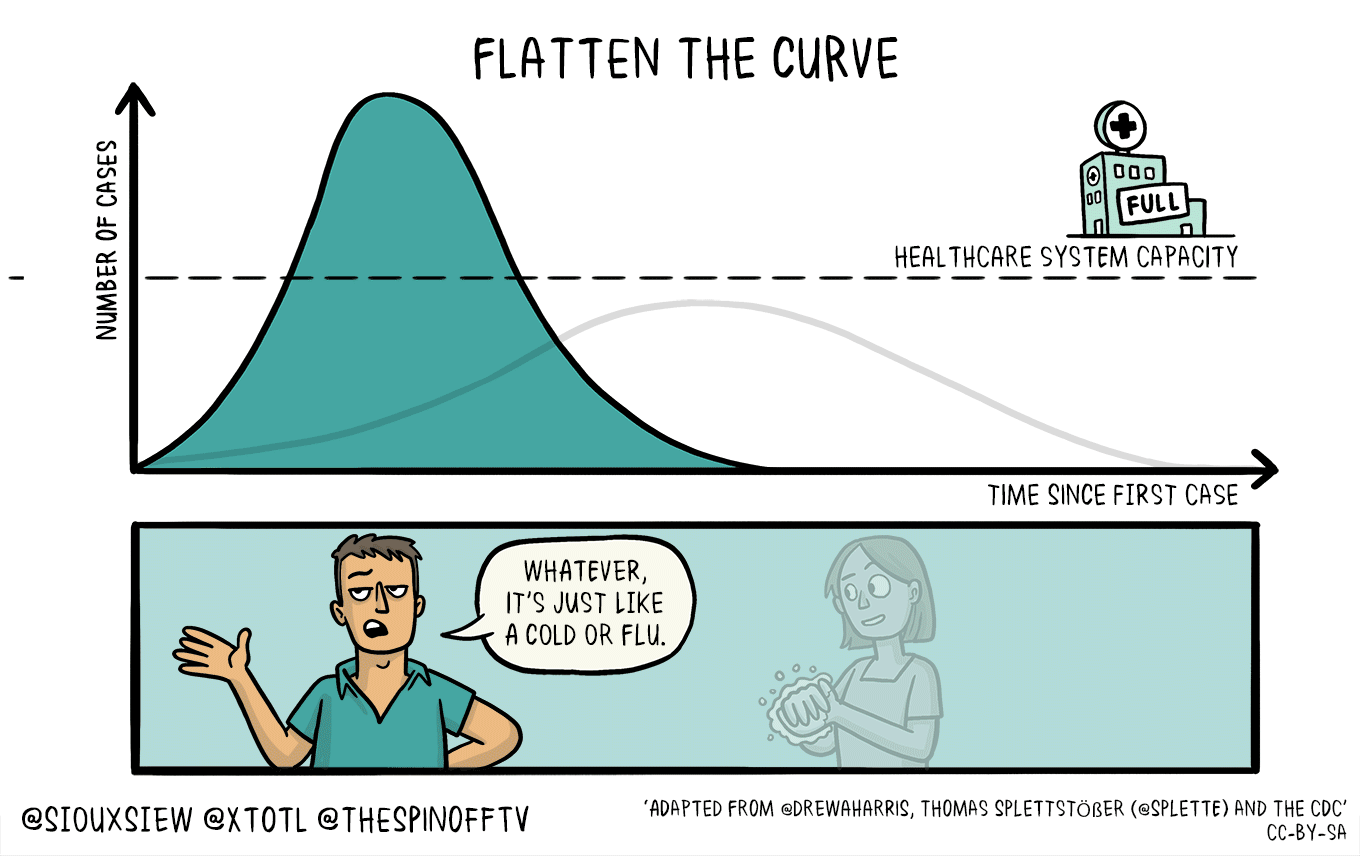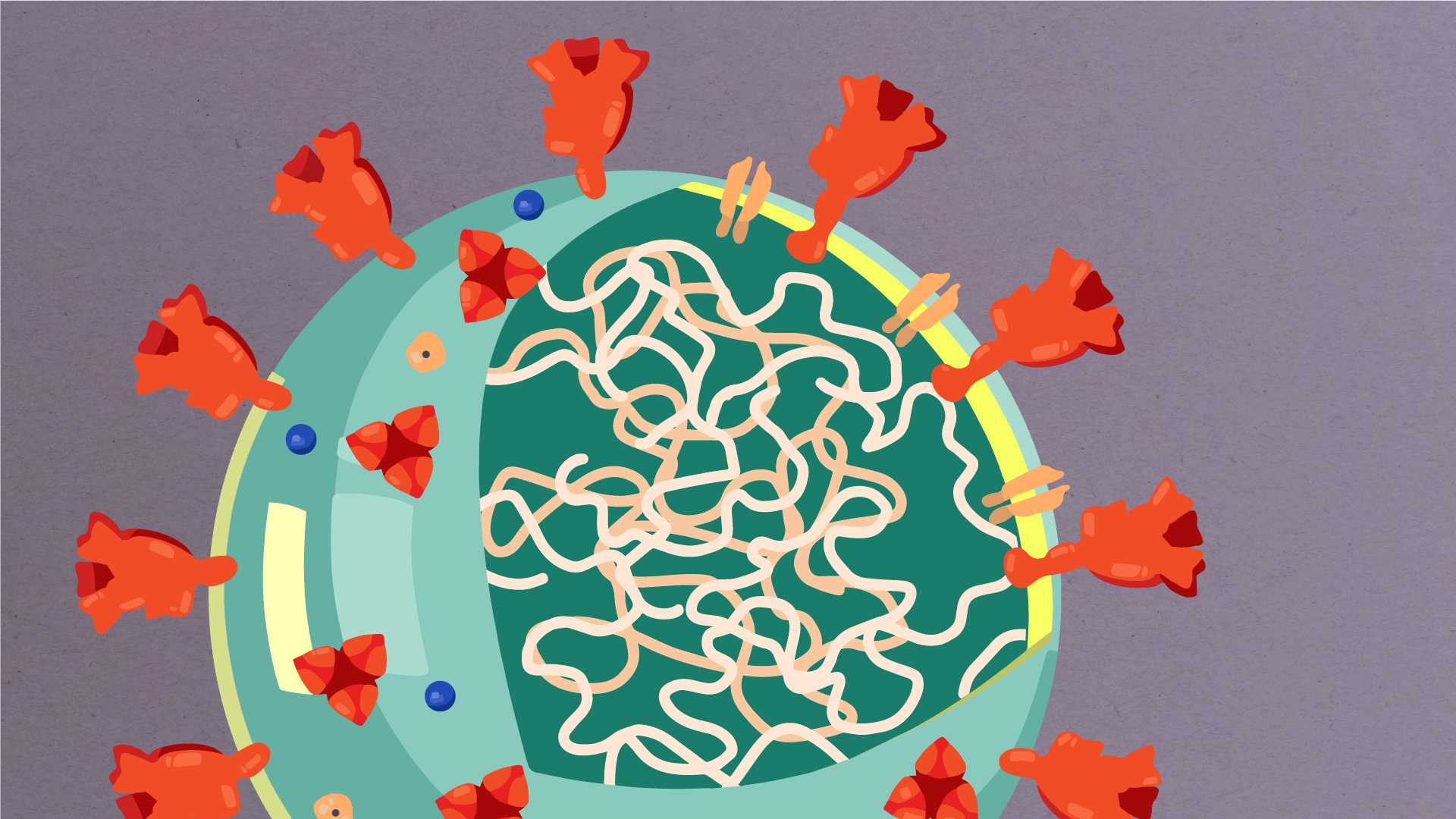8. Misinformation, Disinformation & Fact Checking
COVID 19

The media plays a critical role in shaping public opinion and informing people about current events. However, there have been times when the media has given misinformation or disinformation, leading to confusion and mistrust among audiences. In recent years, fact-checking (FACTCHECK.ORG) has emerged as a way to address this issue and hold media outlets accountable for their reporting. One example of this is the coverage of the COVID-19 pandemic, which has seen a mix of accurate reporting, misinformation, and disinformation.
Misinformation (NATIONAL LIBRARY OF MED) is information that is false but not necessarily intended to deceive, while disinformation is false information that is intentionally spread to mislead people. During the early days of the pandemic, there was a lot of uncertainty and confusion about the virus, which led to a lot of misinformation and disinformation being spread. Some examples of this included claims that the virus was a biological weapon or that it was caused by 5G technology (NATIONAL LIBRARY OF MED).
One of the ways that media outlets have tried to combat misinformation and disinformation is through fact-checking (WIKI). Fact-checking involves verifying the accuracy of claims made by politicians, media outlets, and other sources of information. During the pandemic, fact-checkers have been working around the clock to verify claims about the virus and its impact.

Fact-checking has been particularly important during the pandemic because of the speed at which information is being disseminated. Social media platforms like Twitter and Facebook have become major sources of news for many people, and misinformation and disinformation can spread rapidly on these platforms. Fact-checkers play a crucial role in slowing the spread of false information by verifying claims and debunking falsehoods.

One example of fact-checking in action during the pandemic is the work of organizations like PolitiFact and FactCheck.org. These organizations have been tracking claims made by politicians and media outlets about the pandemic and verifying their accuracy. For example, FactCheck.org recently fact-checked a claim made by President Trump that the United States had the lowest mortality rate for COVID-19 in the world. The fact-checkers found that this claim was false and that the United States actually had one of the highest mortality rates.

Fact-checking has not been without its challenges, however. One of the biggest challenges is the sheer volume of information that is being produced about the pandemic. Fact-checkers have to be selective (HARVARD KENNEDY SCHOOL) about which claims to fact-check and which sources to prioritize. They also have to work quickly to keep up with the rapid pace of news and information.

Another challenge is the potential for biases to influence fact-checking. Fact-checkers are human (HARVARD KENNEDY SCHOOL) and they bring their own biases and perspectives to their work. This can lead to errors or inconsistencies in fact-checking. To address this, many fact-checking organizations have implemented rigorous methods for verifying claims, including multiple rounds of review and fact-checking by independent experts.

The COVID-19 pandemic has highlighted the importance of fact-checking in combating misinformation and disinformation. Media outlets have a responsibility to report accurate information to the public, and fact-checking is a crucial tool for holding them accountable. While fact-checking has its challenges, it has been instrumental in slowing (WHO) the spread of false information during the pandemic. As the world continues to grapple with the pandemic and other complex issues, fact-checking will remain an important tool for ensuring that the public is informed and educated about the facts.
Comments
Post a Comment